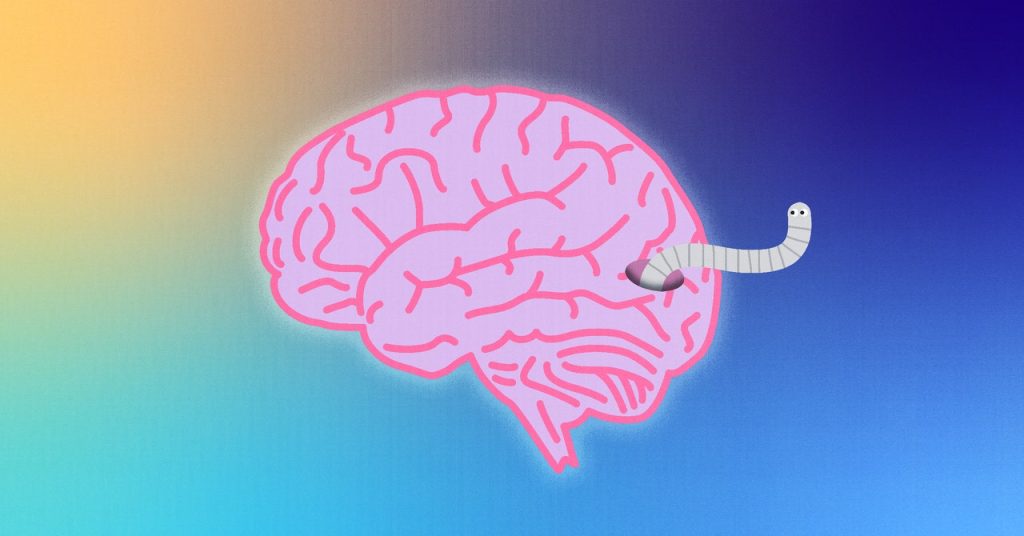The Startling Diagnosis of Robert F. Kennedy Jr.: A Brain Parasite and Mercury Poisoning
The Prevalence of Parasites in the Brain
According to Hany Elsheikha, a parasitology expert at the University of Nottingham, there are roughly two dozen known parasites that can infiltrate the brain. While many are eliminated by the immune system or end up in the gut, some, like Toxoplasma gondi, which has infected an estimated 11 percent of the US population over age six, can cause serious health issues. In rare cases, single-celled amoeba can even trigger fatal meningitis.
Why Parasites Target the Brain
Although parasites don’t typically infect the brain due to its special anatomical structure and protection, Elsheikha explains that they may seize the opportunity if the individual has a preexisting health condition or compromised immune system. The brain’s high metabolic activity and plentiful supply of sugars make it an attractive target for these organisms, which can ultimately consume brain tissue.
Symptoms of Brain Parasites
The presence of parasites in the brain or spinal cord can manifest in various symptoms, including debilitating long-term headaches, anxiety, depression, insomnia, forgetfulness, vomiting, and nausea. T. gondi has even been associated with several psychiatric conditions. Elsheikha notes that an excess of white blood cells called eosinophils in a blood test can be a key indicator of a parasitic infection.
The Prevalence and Risks of Mercury Poisoning
Sources of Mercury Exposure
According to Awadhesh Jha, a toxicologist at the University of Plymouth, most people have trace amounts of methylmercury in their bodies due to its prevalence in the environment. While some exposure can come from living near power plants that release mercury through coal combustion, the primary source for humans is consuming fish. Industries near coastlines often discharge contaminants, including mercury, into the aquatic environment, leading to accumulation in fish.
Health Risks and Recommended Fish Consumption
Excessive mercury exposure can cause neurodevelopmental problems in children and increase the risk of cardiovascular disease in adults. Larger fish tend to have higher concentrations of mercury due to their consumption of smaller species over time. The EPA and FDA advise pregnant women to avoid eating shark, swordfish, mackerel, or tilefish. Jha recommends limiting consumption of tuna or mackerel to no more than 170 grams per week and no more than 350 grams of any fish or shellfish per week.
Individual Susceptibility and Treatment
The toxicity of mercury depends on an individual’s genetic makeup and ability to metabolize toxic substances. Mercury poisoning can affect immune function and cause joint and muscle pain, weakness, fatigue, insomnia, and excessive sweating. Treatment involves chelators, which remove mercury from the blood and protect the brain and kidneys. The process can take weeks or months, depending on how the mercury is bound in the body.
I offer to eat 5 more brain worms and still beat President Trump and President Biden in a debate. I feel confident of the result even with a six-worm handicap.
Despite his past health challenges, RFK Jr. remains optimistic about his ability to compete in the political arena.

1 Comment
Who knew survival tips could sound like a sci-fi horror plot?